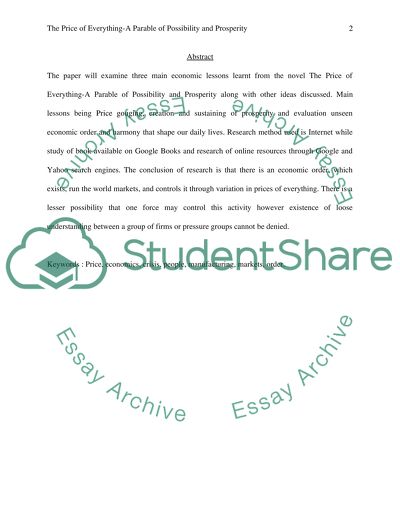Cite this document
(“The price of Everything Term Paper Example | Topics and Well Written Essays - 1500 words”, n.d.)
Retrieved from https://studentshare.org/macro-microeconomics/1423659-the-price-of-everything
Retrieved from https://studentshare.org/macro-microeconomics/1423659-the-price-of-everything
(The Price of Everything Term Paper Example | Topics and Well Written Essays - 1500 Words)
https://studentshare.org/macro-microeconomics/1423659-the-price-of-everything.
https://studentshare.org/macro-microeconomics/1423659-the-price-of-everything.
“The Price of Everything Term Paper Example | Topics and Well Written Essays - 1500 Words”, n.d. https://studentshare.org/macro-microeconomics/1423659-the-price-of-everything.


